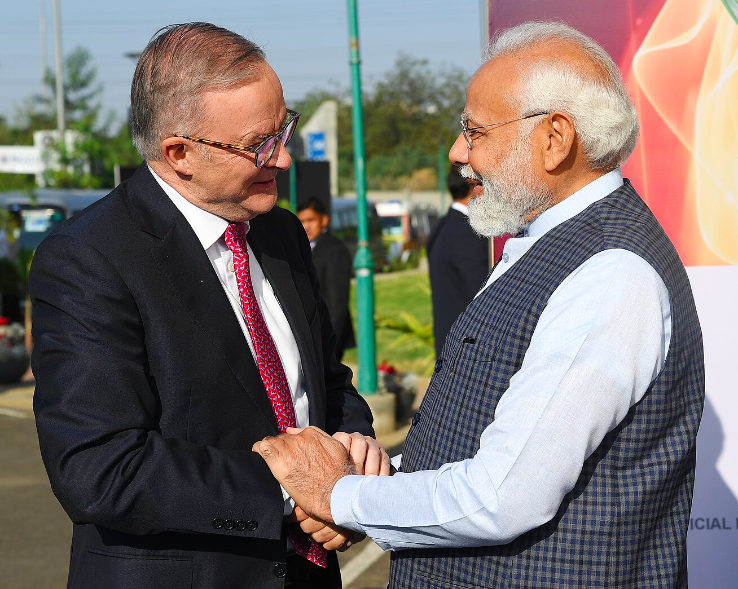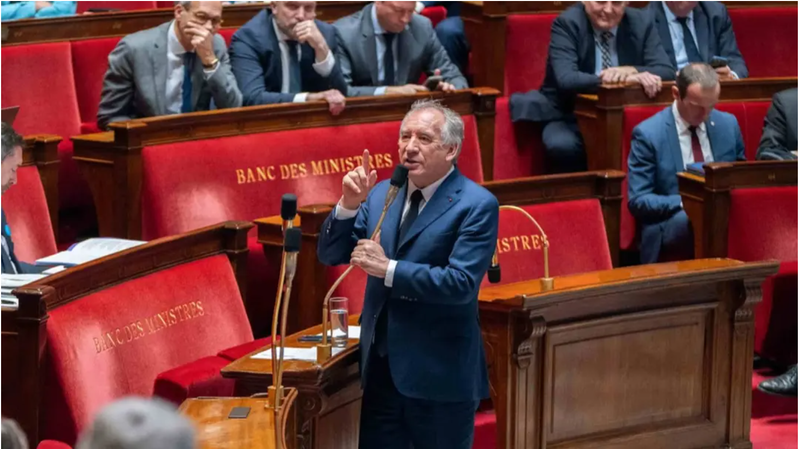Australia, India Strike Migration Deal
On Wednesday, Australian Prime Minister Anthony Albanese and his Indian counterpart Narendra Modi announced a bilateral migration deal to boost the two-way mobility of students, graduates, academic researchers, and business people.

Facts
- On Wednesday, Australian Prime Minister Anthony Albanese and his Indian counterpart Narendra Modi announced a bilateral migration deal to boost the two-way mobility of students, graduates, academic researchers, and business people.1
- The India-Australia Migration and Mobility Partnership Agreement (MMPA) wraps up years of negotiations between both countries, as the Indian diaspora has been growing fast in the island continent.2
- The deal creates the Mobility Agreement for Talented Early Professionals Scheme (MATES), a pilot program that will annually allow 3K of India's top graduates and early career professionals to work and stay in Australia for up to two years without being sponsored by an employer.3
- Albanese and Modi also signed the terms of reference for the bilateral Green Hydrogen Taskforce to explore opportunities related to renewable energy. Additionally, they agreed to conclude the Comprehensive Economic Cooperation Agreement (CECA) by the end of 2023, a year after their trade deal entered into force.4
- Originally intended as a summit for leaders from the Quad, including Japan and the US, Modi's visit to Australia comes as Canberra seeks to strengthen a strategic partnership with New Delhi, while relations between Western countries and China have faced tension.5
- According to Australian Bureau of Statistics data, Indians account for 2.8% of the Australian population, compared with China's 2.3% and Britain's 3.8%.6
Sources: 1BBC News, 2Independent, 3Australian Financial Review, 4The Economic Times, 5CNN, and 6Business.
Narratives
- Pro-establishment narrative, as provided by Hindustan Times. This new migration and mobility pact further strengthens ties between Australia and India, which are crucial to maintaining regional stability, peace, and global welfare. It will bring both nations closer, helping prevent people smuggling and creating opportunities for businesses and highly skilled students.
- Establishment-critical narrative, as provided by The Wire. This deal fails to address Australia's exploitative and discriminatory migration laws. Though the island continent has long been a popular destination among Indians, including skilled migrants, it has consistently denied permanent residency visas for Indian families with members who have a disability, despite them living and working in the country for many years.






